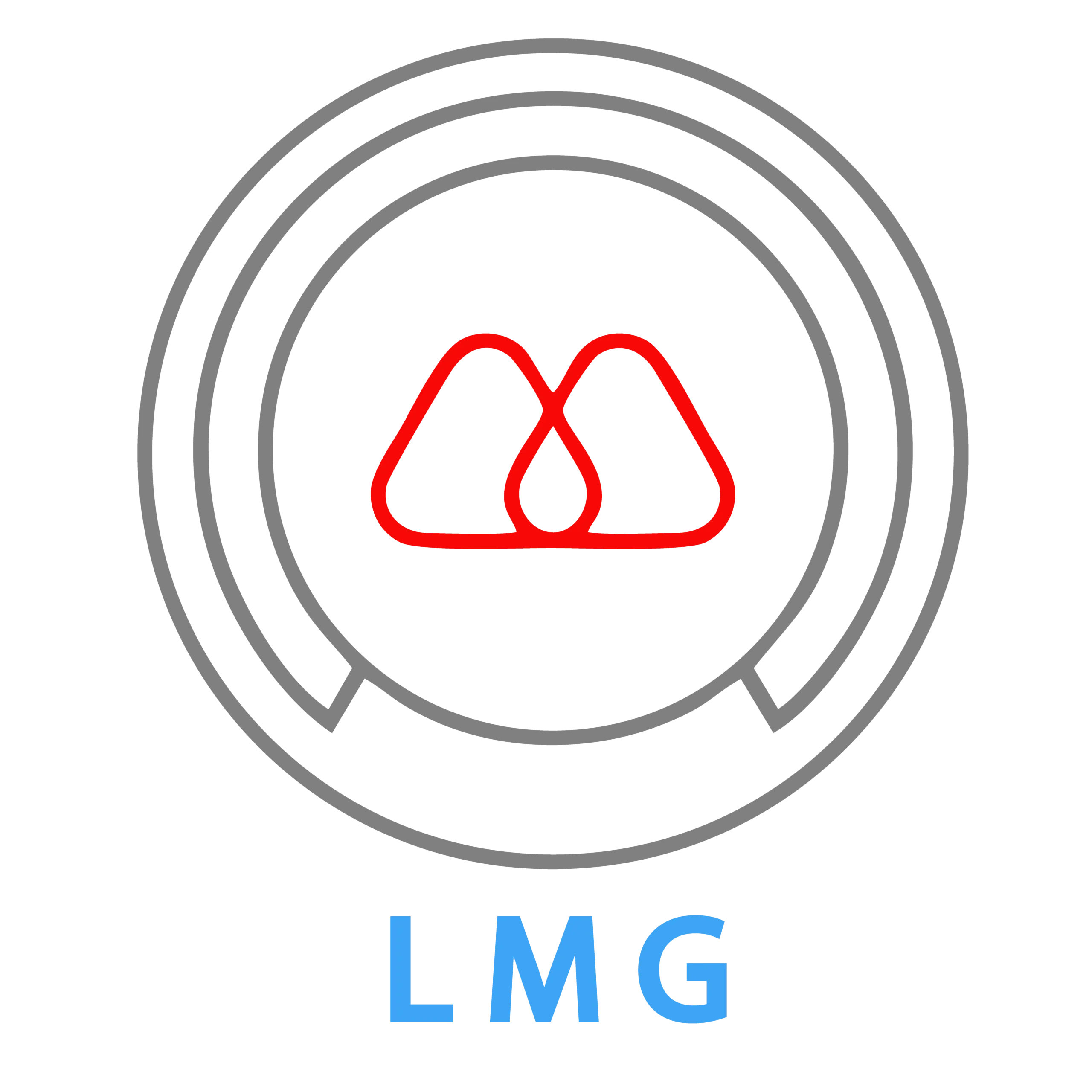Sales interviews are an excellent opportunity to showcase your interpersonal skills, problem-solving abilities, and aptitude for closing deals. These interviews can be challenging, as they often test not just your qualifications but also how well you think on your feet.
Preparing for common sales interview questions and structuring your answers effectively can make all the difference in landing your dream role.
This guide explores the most frequently asked sales interview questions and provides tips on how to answer them confidently. You’ll also discover questions to ask the interviewer to ensure you leave a strong impression.
Common Sales Interview Questions and Effective Answers
Walking into an interview for a sales role can feel intimidating. However, knowing how to answer the interviewer’s questions can make the process a lot easier. Below are some of the most common questions you’ll get asked and how to answer them.
1. Can You Tell Me About Yourself?
This question is a classic icebreaker. The interviewer wants to understand your background and how it aligns with the sales role.
How to Answer:
- Begin with a brief summary of your professional experience.
- Highlight specific achievements relevant to sales, such as exceeding sales quotas or building strong client relationships.
- End with why you’re excited about this opportunity.
Example:
“I have over three years of experience in sales, primarily in client-facing roles where I’ve consistently met or exceeded quotas. I’m passionate about building relationships and helping customers find the best solutions to their challenges. Joining your team excites me because it aligns with my goal to work with industry-leading brands and contribute to their growth.”
2. What Motivates You to Work in Sales?
Sales roles require motivation and resilience, so the interviewer is gauging your enthusiasm for the field.
How to Answer:
- Discuss intrinsic motivators, like helping clients or achieving goals.
- Mention a specific sales-related experience that solidified your passion.
Example:
“I’m driven by the challenge of solving client problems and the satisfaction of closing deals that deliver value. A highlight of my career was working with a hesitant customer who later became one of our most loyal clients. Moments like these keep me motivated to excel in sales.”
3. How Do You Handle Rejection?
Handling rejection is a vital skill in sales, as it happens frequently.
How to Answer:
- Emphasize resilience and learning from setbacks.
- Share a real example of how you turned a rejection into a growth opportunity.
Example:
“I see rejection as a learning experience. In my last role, I once lost a deal because I didn’t fully address the client’s concerns. I reviewed the situation, adjusted my approach, and successfully closed a similar deal the following month.”
4. Can You Describe Your Sales Process?
The interviewer wants to assess your approach to building relationships and closing deals.
How to Answer:
- Outline your process in clear steps, from prospecting to closing.
- Highlight how you adapt your process to meet client needs.
Example:
“My sales process starts with thorough research and prospecting to identify potential clients. Next, I focus on understanding their needs through meaningful conversations. I then present tailored solutions, address objections, and follow up consistently until the deal is closed.”
5. How Do You Build Relationships with Clients?
Strong client relationships are crucial for long-term success in sales.
How to Answer:
- Mention specific strategies you use, like active listening or personalized follow-ups.
- Provide an example of a successful relationship you’ve built.
Example:
“I prioritize understanding my clients’ goals by actively listening and asking insightful questions. For instance, I once worked with a client who initially wanted a single product, but after exploring their needs, I recommended additional services that doubled their ROI.”
6. Why Should We Hire You?
This is your chance to sell yourself as the ideal candidate.
How to Answer:
- Focus on your unique strengths, such as proven results or relevant experience.
- Tailor your answer to the company’s goals.
Example:
“I believe my track record of consistently exceeding sales targets, combined with my ability to build long-term client relationships, makes me a great fit for this role. I’m also impressed by your company’s innovative approach and am eager to contribute to its success.”
7. What Are Your Strategies for Meeting Sales Targets?
This question evaluates your ability to plan and execute strategies that drive results.
How to Answer:
- Highlight specific methods you use, such as setting daily goals or prioritizing high-value prospects.
- Provide an example of a time when you exceeded a target and explain the steps you took.
Example:
“I break down my monthly targets into weekly and daily goals. By focusing on key activities like reaching out to a specific number of prospects each day and closing warm leads, I ensure I stay on track. In my previous role, this strategy helped me exceed my quota by 20% in one quarter.”
8. How Do You Handle Objections From Prospective Clients?
Handling objections effectively is a core skill in sales, and the interviewer wants to gauge your problem-solving abilities.
How to Answer:
- Explain how you listen to the client’s concerns and address them logically and empathetically.
- Provide an example of how you turned an objection into a successful deal.
Example:
“When clients raise objections, I focus on understanding their concerns fully before responding. For instance, a client once hesitated because of pricing. I demonstrated the long-term value of the product through ROI projections, which convinced them to proceed with the purchase.”
9. What Would You Do If You Fell Short of Your Sales Goals?
This question explores your ability to stay proactive and learn from challenges.
How to Answer:
- Discuss how you assess the situation, identify areas for improvement, and adjust your approach.
- Highlight your resilience and dedication to growth.
Example:
“If I miss a goal, I evaluate the reasons behind it, such as whether my prospecting methods need improvement or if I should refine my pitch. In one instance, I identified gaps in follow-up frequency and corrected them, which resulted in a significant increase in conversions the following month.”
10. How Do You Stay Organized and Manage Your Time in a Sales Role?
Sales positions require juggling multiple tasks, from prospecting to closing deals.
How to Answer:
- Share your strategies for staying organized, such as using CRM tools or time-blocking.
- Mention a specific example where your organizational skills contributed to your success.
Example:
“I use a CRM to track leads, set reminders for follow-ups, and organize my daily tasks. This system ensures nothing slips through the cracks. For example, during a busy quarter, my time management allowed me to efficiently handle 50+ prospects while maintaining high-quality client interactions.”
Questions to Ask the Interviewer
An interview is a two-way conversation, and asking thoughtful questions shows your genuine interest in the role and company. Here are some examples of questions to ask the interviewer in a sales interview:
- What are the biggest challenges the sales team currently faces?
- How do you measure success in this role?
- Can you describe the team dynamic and collaboration style?
- What are the growth opportunities within the company for this position?
These questions help you assess whether the role aligns with your goals while demonstrating your curiosity and professionalism.
How to Prepare for a Sales Interview
Preparation is key to acing a sales interview. Keep in mind that landing the role has a lot to do with how you approach the interview, even before it starts.
You can follow these steps to set yourself up for success:
- Research the Company: Understand the company’s mission, products, and target audience. Tailor your answers to show how your skills align with their goals.
- Know the Job Description: Study the job requirements carefully. Highlight experiences that directly match the role.
- Practice Common Questions: Rehearse your answers to common interview questions to improve confidence and clarity.
- Prepare Your Own Questions: Develop a list of insightful questions to ask during the interview.
- Bring Supporting Materials: Prepare a portfolio of past achievements, such as sales metrics or client testimonials, to showcase your results.
How to Land a Role in Sales
Landing a sales role requires both preparation and persistence. Here are some actionable tips for how to get a job as a salesman:
- Leverage Your Network: Connect with industry professionals and attend events to discover job openings.
- Tailor Your Resume: Highlight sales achievements and relevant skills in your application.
- Follow Up: After interviews, send a thank-you email to reiterate your interest in the role.
- Build Confidence: Practice mock interviews and refine your pitch to present yourself as a strong candidate.
The Best Way to Ace a Sales Interview
Sales interviews can be competitive, but with the right preparation, you can stand out and secure the role you want.
By practicing common interview questions, showcasing your unique skills, and asking insightful questions, you’ll demonstrate your potential as a valuable addition to any sales team.
At LMG Inc., we’re passionate about helping professionals excel in their careers. If you’re ready to make an impact in the sales industry, explore our opportunities and take the first step toward a rewarding career.

